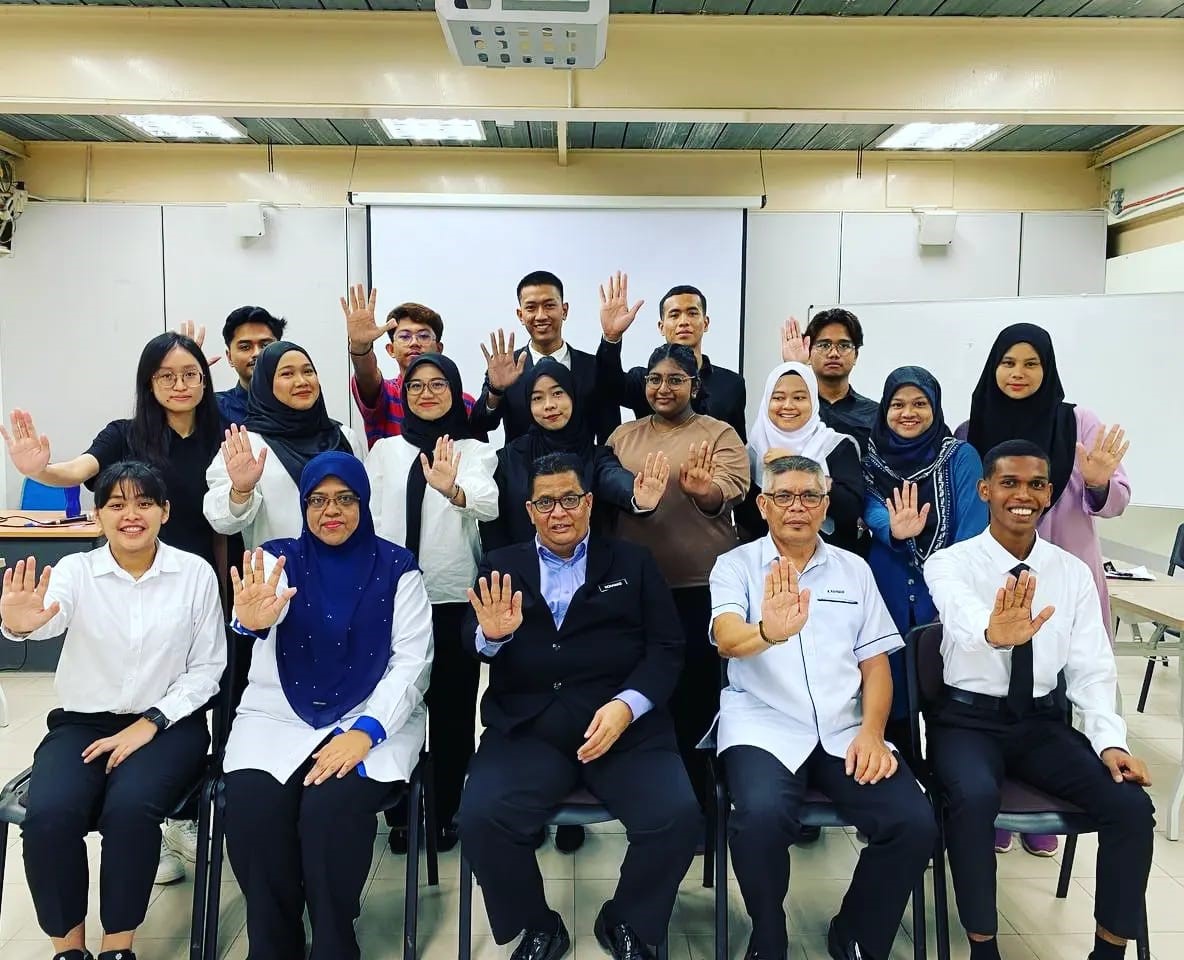Corruption Chronicles: A Mock Trial Approach in KIAR to Corporate Liability
Approximately 1,400 students took KIAR course in Semester I 2023/2024, ranging from Bachelor’s degree students to Diploma students. Each had to undergo a mock trial assessment as part of their assessment of corruption and abuse of power in the workplace and daily activities. Professionals from the Malaysian Anti-Corruption Commission (MACC) and Integrity and Compliance Unit, UMPSA, evaluted the students’ depth of understanding of Section 17A liability corporations during the two-week assessment period. The preparation for this assessment was guided by twelve instructors responsible for the sections they taught and a law enforcement officer from the Integrity and Compliance Unit, UMPSA, the subject matter expert. Several follow-up sessions, special briefings, and dedicated efforts were undertaken to ensure a thorough understanding of the facts of the case, the roles of the individuals involved, the series of events, and the relevant legal frameworks and enforcement procedures. Through this collaborative approach, learners were equipped with a solid understanding of Section 17A Corporate Liability, four (4) main offence types defined in the MACC Act 2009 (Act 694), and a thorough and well-rounded preparation for the assessment.
As a prosecutor, learners must establish that the defendant and his company violate 17A liability corporate. In contrast, as a defence attorney, learners must establish that their defendant complies with 17A liability corporate. In order to strengthen their burden of proof, learners must find evidence, justify, and tie the dots based on the premise of case facts, the role played by each individual, the timeline in the case facts, and the evidence based on documentation. They must anticipate the strikes of opposing teams while adhering to the same protocol and ethics as in a courtroom, such as the oath of allegiance, dress code, and court procedure.
Learning skills
A prosecutor team and a defence attorney team are composed of members with varying roles. The prosecutor team includes an attorney and a witness, whereas the defence team consists of an attorney, a witness, and an accused person (OKT) from the company. It is important to note that this is not a one-man show in which the attorney displays excellent communication skills. Instead, it is a cooperative effort focused on the concept of shared responsibility among the team members. As part of the assessment, four liability corporate cases were crafted with the assistance of experts, and learners were required to demonstrate key learning skills, such as conducting an in-depth examination. This enabled them to thoroughly read the facts of the case and familiarise themselves with the alternate roles. The prosecutor team and defence attorney team had roles that suited their interests and were in line with the facts of the case in this exercise. It was also necessary to conduct an assessment of the legal situation with respect to the legal issues, principles, statutes, and precedents involved in the case. Mock trial sessions also required learners to perform an examination of witnesses. Learners were required to understand the role of the witness within their own team and in their opponent's and craft the appropriate line of questioning. The credibility of statements in a mock trial setting was primarily determined by the evidence presented. It is therefore imperative that these evidentiary elements were meticulously prepared since they played a pivotal role in the establishment of guilt or the mounting of an effective defence.
Learners also honed their skills through practical exercises in professional practice. Upon presenting themselves in court, the terms used to acknowledge the Judge, Witness, Attorney, and anyone else involved were done so with a professional tone, respect, and formal language. The dress code for each role was determined, with both the judge and lawyer wearing black and white suits, the accused person (OKT) wearing orange, and the witness wearing purple or proper attire.
Following are the four cases that all learners in 25 sections had critically examined:
Case Facts 1: Tani Padi Sdn Bhd.
The Tani Padi Director is accused of giving a gratification of RM150,350 to influence Lembaga Kemajuan Penanam-Penanam Padi Kedah (LKPPPK) to award the paddy harvesting machine contract to his company.
Case Facts 2: Petronas Cari Gali Sdn Bhd
A young Executive of Petronas Cari Gali Sdn Bhd is accused of offering RM70,000 to secure a contract from Asahan Padu worth RM2.3 million.
Case 3: Health Meridian Sdn Bhd
A Sales Executive of Health Meridian is accused of giving a gratification of RM35,000 in order to secure a contract with the Ministry of Health for personal protective equipment (PPE) worth RM400,000.
Case 4: Padini Holdings Sdn Bhd
The Executive of Padini Holdings Sdn. Bhd. is accused of offering RM4000 to JAKIM Officer in order to expedite the process of Halal Verification for leather used in making handbags.
Offering bribes in a professional setting can have severe consequences. It can lead to legal repercussions, including criminal charges and fines. According to Section 17A, a commercial organisation is guilty of corruption if any of its employees or associates commit it for the benefit of the organisation. The penalty is a fine not less than ten times the value of the bribe or RM1 million, whichever is greater, or imprisonment up to 20 years. Consequently, the reputation of the organisations involved is damaged, and the public’s trust is eroded, which makes it difficult for them to maintain credibility and remain competitive.
The mock trial session is an excellent opportunity for learners to demonstrate their critical thinking skills and play various roles throughout the course. Participating in a mock trial session can provide learners with valuable experience in critical thinking, legal reasoning, and courtroom procedures. It can enhance their analytical skills as they examine witness testimonies and evidence and develop advocacy skills through crafting appropriate lines of questioning. Although they are taking an engineering programme, the course allows learners to gain an in-depth understanding of Section 17A and prepares them for life as dutiful workers or trustworthy job creators. Being a job creator means that an individual or company is responsible for creating employment opportunities and contributing to the economic growth of a country. However, if a job creator is involved in the act of offering bribes, it goes against the principles of integrity and transparency, which can tarnish their reputation and damage their credibility. In UMPSA, learners gain practical knowledge and skills that extend beyond the theoretical aspects of the Corporate Liability Act, which play an important role in shaping their future endeavours.
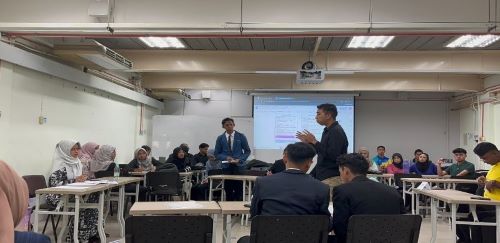
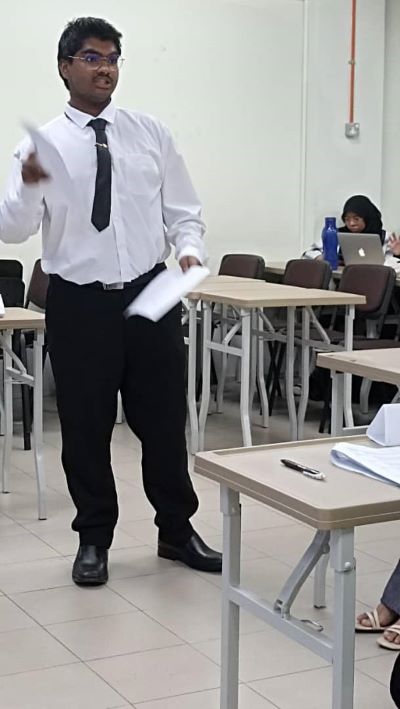
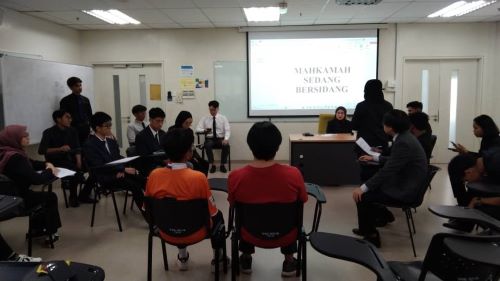
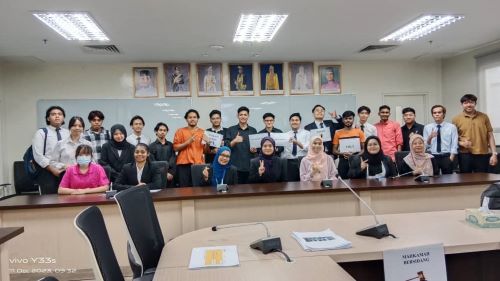
A dedicated instructor as well as a judge who evaluated their assessments 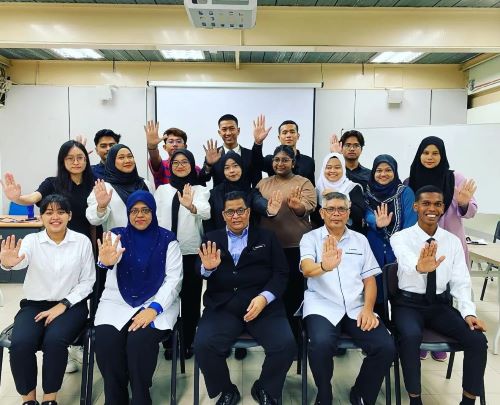
UMPSA students say NO to corruption
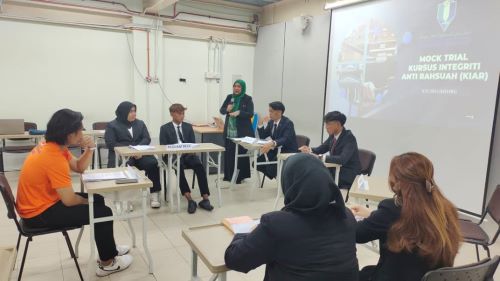
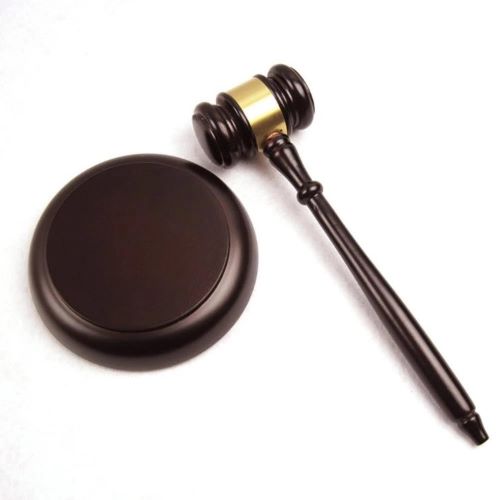
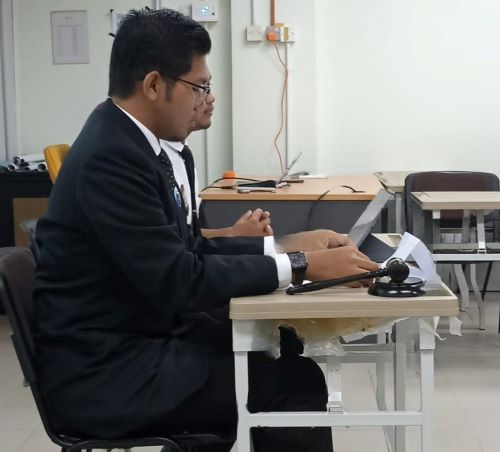
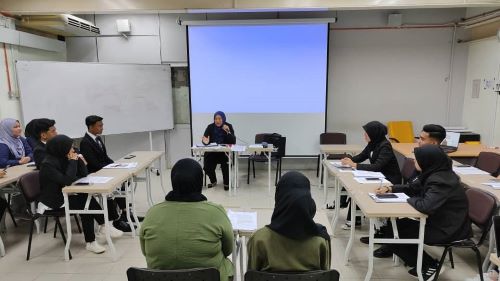
Obtaining clear feedback regarding their overall performance 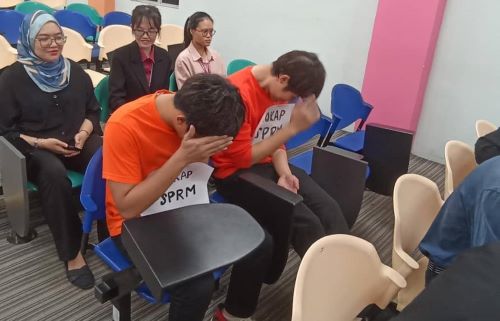
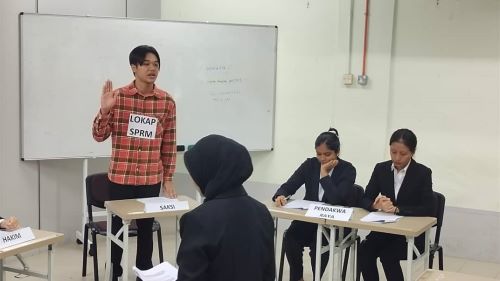
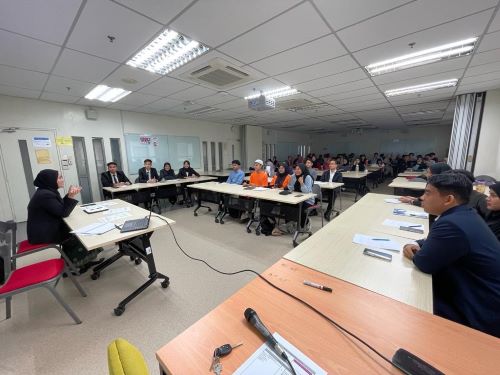
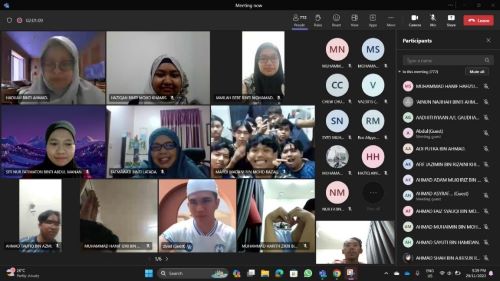
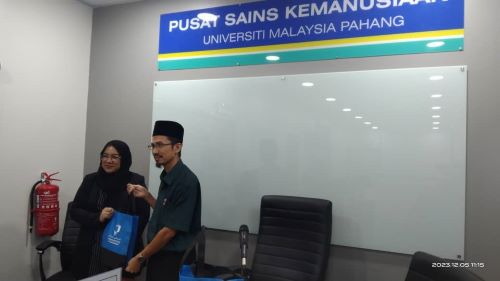
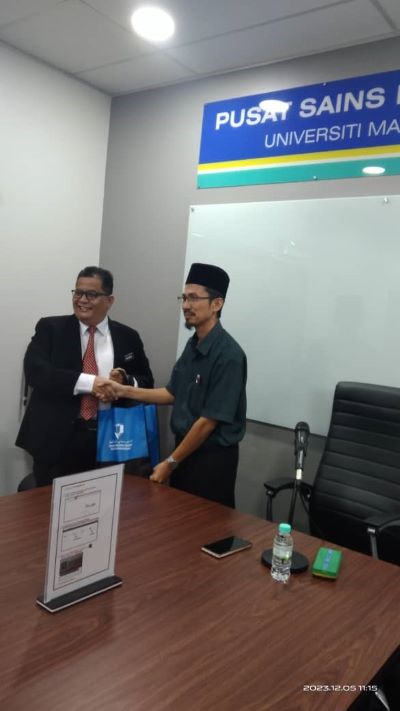
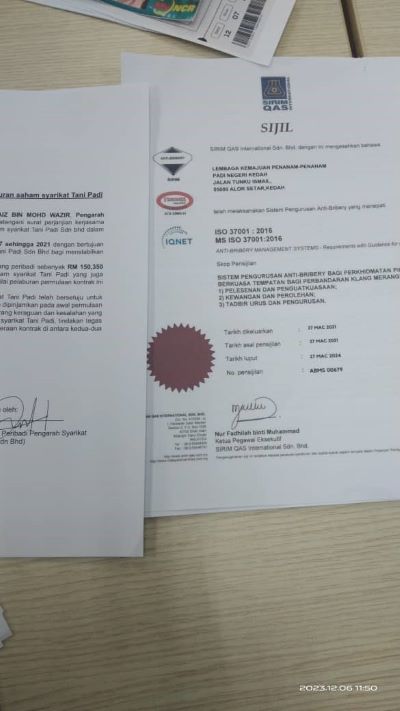
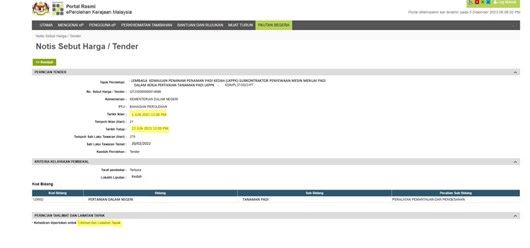
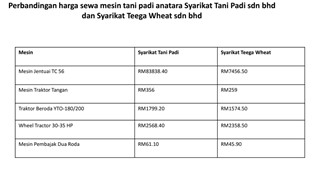

The writer is a lecturer and the course coordinator for Kursus Integriti dan Anti Rasuah (KIAR) UHE3412., Universiti Malaysia Pahang Al-Sultan Abdullah (UMPSA).
Email: hadijah@umpsa.edu.my
- 737 views


